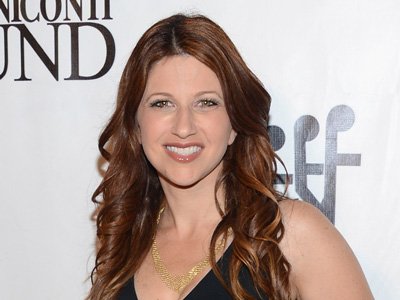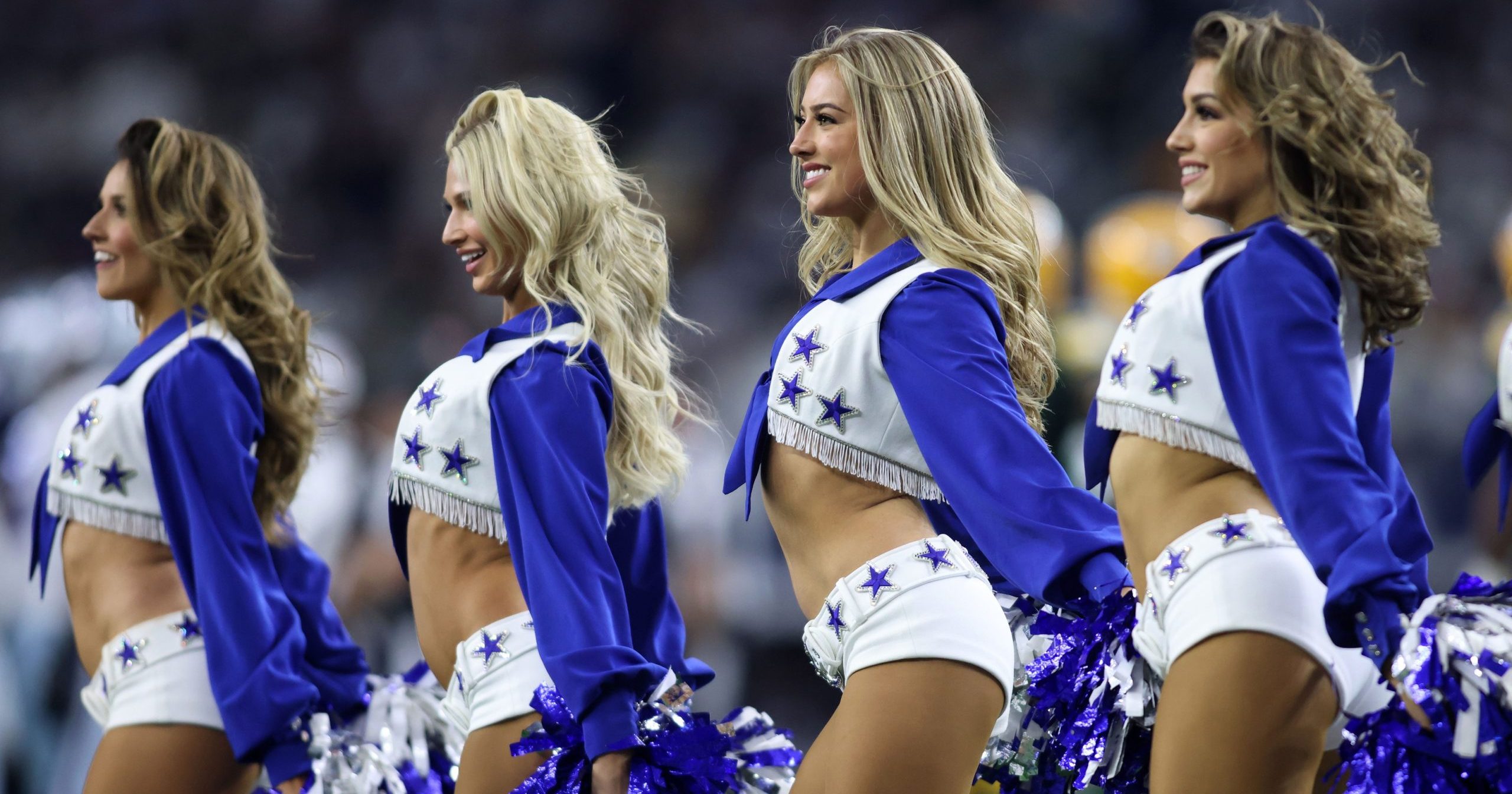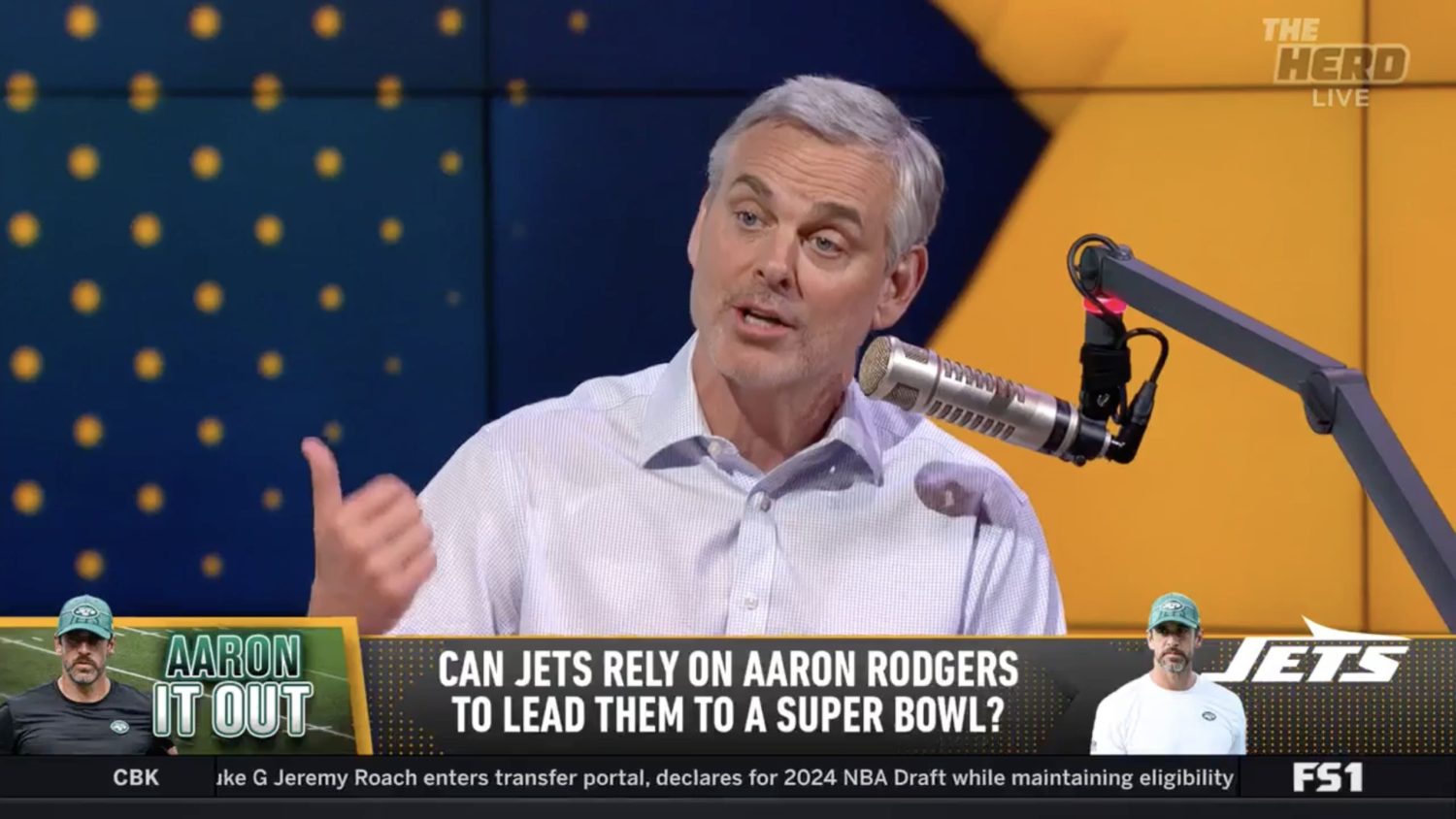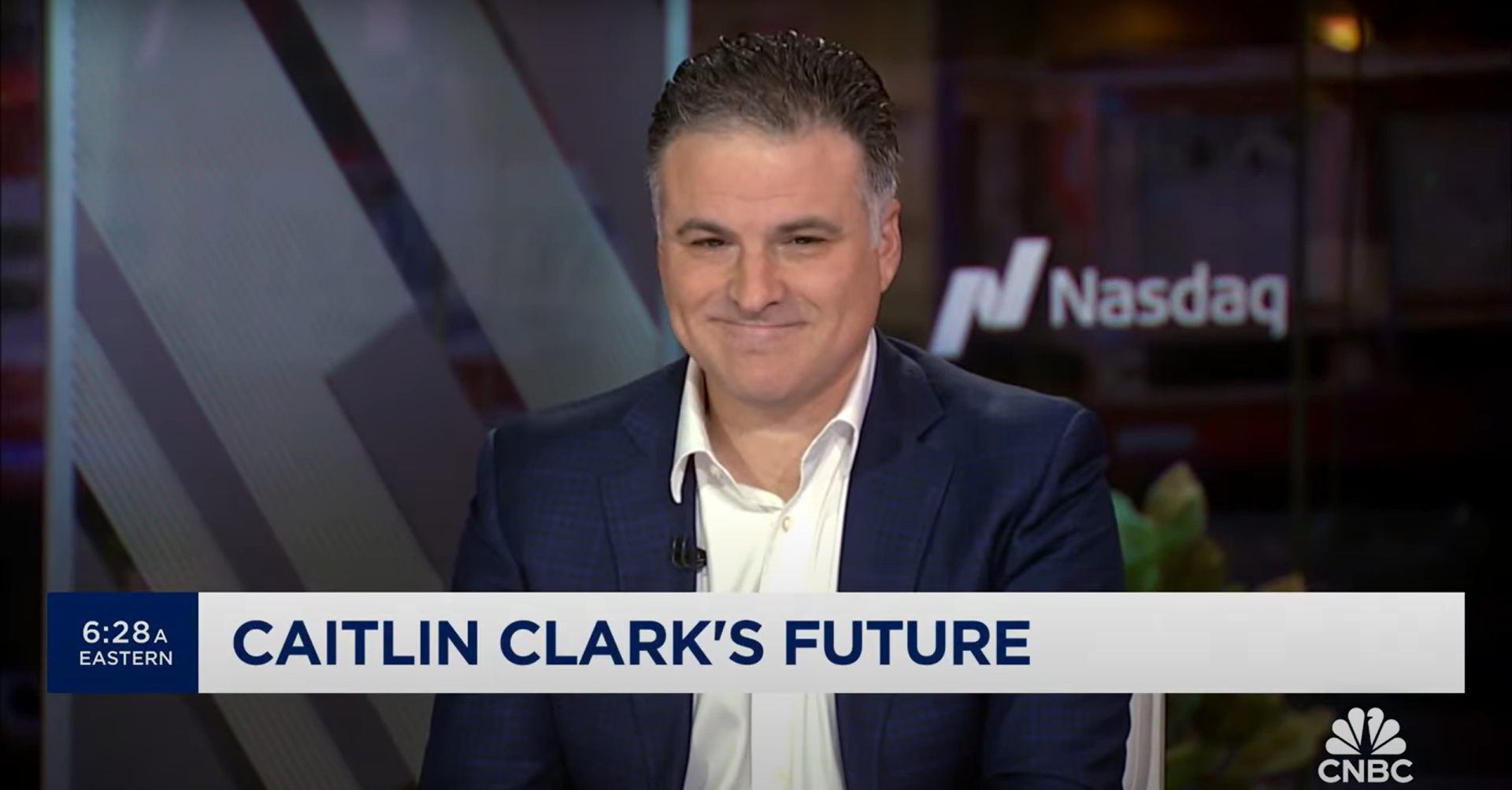Ed Note: The following appears courtesy our friends at the National Sports Journalism Center.
In 1999, Ed Hinton of Sports Illustrated was denied a credential to cover the Indianapolis 500. The Indy Racing League was upset after Hinton wrote an article critical of racing safety.
The IRL’s decision created a firestorm, given Hinton’s stature as one of the top auto racing writers in the country. There were threats of a mass media protest of the race in support of Hinton.
My former boss, John Cherwa, the Chicago Tribune’s associated managing editor for sports, actually returned his paper’s credentials to the race. He wrote:
“We can’t allow the people we cover to pick the reporters they want to cover them. How can you, as readers, have confidence that the reporting we give you is unbiased if the people running an event are picking the people who write about them?”
IRL didn’t want an empty press box and eventually gave Hinton a credential to the race.
There you go, power of the press.
The Hinton story came to mind in light of what happened to Rachel Nichols and Michelle Beadle last weekend. Twitter blew up Saturday following their tweets about being banned from the big fight in Las Vegas.
Apparently, Floyd Mayweather and his camp didn’t like that Nichols and Beadle dared to point out that the boxer has a rather extensive history of domestic violence. Nichols grilled Mayweather during a remarkable interview last year on CNN.
Throughout the day, there were questions about whether Nichols and Beadle were denied credentials. Finally, near fight time, Nichols wrote a long tweet explaining what happened to her. She clearly was denied.
Bottom line: It was an incredibly stupid move by the Mayweather camp. The Washington Post’s Sally Jenkins said in a tweet: “Woman-hater #FloydMayweather just made domestic violence and Rachel Nichols and Michelle Beadle the chief topic for the next 12 hours.”
Geoff Baker of the Seattle Times also was outraged:
“The decision by Mayweather’s camp to deny credentials to Nichols, Beadle and others who challenged this corporate-mandated sanitization of things marked a new low in coercion by an athlete among the world’s wealthiest.
“Imagine how (Roger) Goodell or the Ravens would have been crucified by public opinion had they banned critical reporters during the Rice scandal. Even the NFL, wielding greater power than most sports in controlling the news narrative, figured that line couldn’t be crossed.”
The larger issue from a media perspective came from Christine Brennan of USA Today. She actually was in Louisville for Kentucky Derby Saturday. However, after hearing of the flap about Nichols and Beadle, she said she wished she was in Las Vegas so she could stand with her colleagues. Brennan wrote:
“Every journalist who is credentialed to cover the fight at the MGM Grand Arena should stand with Nichols and Beadle and not go into that fight. When Mayweather bans two, he bans all of us.”
Indeed, I had the same reaction when I heard canadian viagra the news Saturday. I did tweets saying reporters should refuse to cover the fight in support of Nichols and Beadle.
As far as I could tell, nothing materialized in regards to a formal protest. The Mayweather camp tried to insist that the reporters were credentialed, and some of the details regarding Beadle were murky. It wasn’t as clear-cut as the Hinton case at Indy.
Hopefully, though, a protest was considered in the press room, even if only for a few moments. Brennan is right: The media needs to be united in these situations.
If it means actually a reporter pulling out on covering a big event like the fight, so be it. You can’t have reporters thinking twice about asking tough questions or writing critical stories out of fear they won’t be credentialed for an event. As Cherwa wrote in 1999, sometimes taking a stand on principle is more important than covering the story.
Power of the press is a dwindling commodity these days. But the power still is there if the media comes together when their fellow reporters are treated unfairly.
The last thing these entities want is an empty press box.






